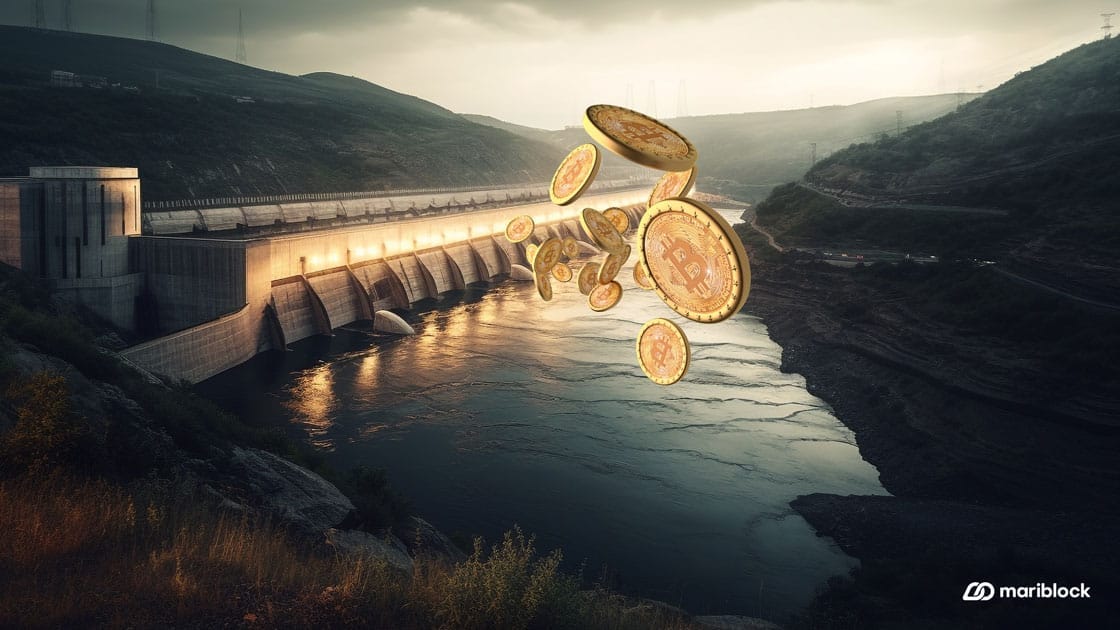Ethiopia Earns $55 Million from Bitcoin Mining Deals in 10 months
The East African country wants to position itself as a global bitcoin mining hub with hundreds more megawatts of power to be made available for bitcoin miners in the country.

Ethiopia’s state-controlled power regulation agency, Ethiopia Electric Power (EEP), has recently signed agreements to sell electricity to 25 bitcoin mining companies. These agreements have generated over 55 million United States dollars (USD) in revenue for Ethiopia the past 10 months.
The details
- According to Luxor data, Ethiopia contributes 2.25% of the global Bitcoin hash rate, ranking fourth in mining capacity worldwide, after the United States, Hong Kong, and Asia.
- Ethan Vera, Co-Founder and Chief Operating Officer of Luxor Mining, stated that over 600 megawatts (MW) have been dedicated to bitcoin mining operations in the country by the Ethiopian Electric Power.
- Per reports, several hundred more megawatts are also expected to become available for mining later in 2024.
Dive deeper
- Ethiopia has a power generation capacity of 5,250 MW, with 90% of its electricity sourced from hydropower.
- Despite this, only half of the population has access to electricity, resulting in a surplus.
- The EEP has capitalized on this by selling excess energy to neighboring countries, earning $10.38 million from 169,710 MWh sold to Djibouti and $20.47 million from 314,931 MWh sold to Kenya, per reports.
- It also sells excess energy to bitcoin mining companies who have found a haven in the country for its cheap energy rates.
- These companies benefit from low-cost power sourced from the Grand Ethiopian Renaissance Dam (GERD), where rates are estimated to be 0.03 USD per kilowatt-hour.
Why this matters
- Bitcoin mining is crucial to the running of the ecosystem, as it is the means through which transactions are entered on the blockchain. However, the mining process is energy intensive.
Be smart💡: Bitcoin mining
To produce new bitcoins, miners compete with one another to solve complex mathematical calculations to validate transactions in a process referred to as Proof of Work (PoW).
The first miner to solve the equation gets to verify and add valid transactions as new blocks to the blockchain and gets rewarded with 6.25 bitcoins. This is how newer coins are released into circulation.
However, as the Bitcoin network grows, these calculations become tougher. Therefore, miners tend to invest in more powerful, energy-intensive computers to compete.
- Electricity fees can amount to as much as 80% of the total operational cost to run a mine, making it the chief driving force behind bitcoin mining costs.
- As a result, miners tend to set up shop in places with cheap electricity fees and loose regulations to downplay the effects of the electricity costs on their overall profit.
Quick catch up
- In February, Mariblock reported that Ethiopia’s state-controlled power regulation agency signed power deals with 21 bitcoin mining companies, 19 of which were Chinese.
- While the East African country held concerns for its energy infrastructure, it could not pass up on the chance to earn foreign exchange, especially as it desperately needed US dollars.



